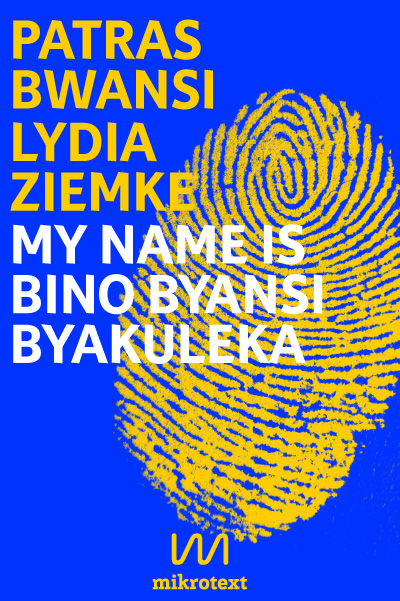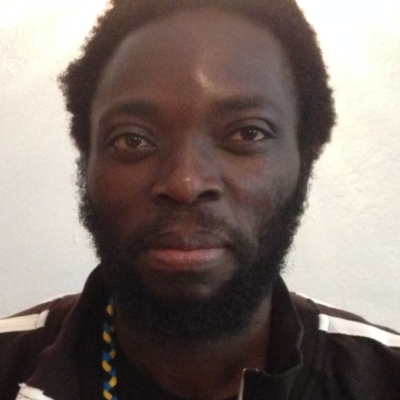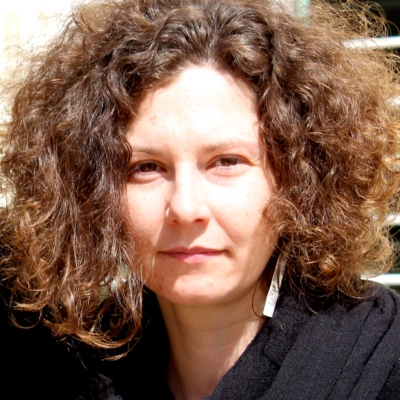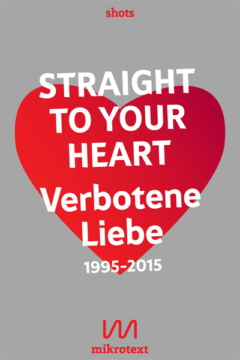Patras Bwansi, Lydia Ziemke
My name is Bino Byansi Byakueleka
Double essay

This double essay will completely change our thinking about immigrants: Patras Bwansi, a well-known activist for the rights of refugees in Germany, writes about asylum experience, Lydia Ziemke about the paradoxes of helping.
0,00 €
„Moreover, Lydia Ziemke reflects her own attempt to pave the way into German daily life for a young Moroccan in her excellent critical essay on the ‘paradoxes of helping’. She learns ‘lifelike’ what Hannah Arendt postulated in 1943 in her essay ‘We Refugees’ , namely that ‘human compassion can only take hold, when the refugees have been given legal justice’.“
Elke Heinemann, FAZ
„We must learn to see the stereotypes behind the term asylum seekers. The book is a good start for that.“
Susanne Memarnia, taz
„As I was reading, I felt as being forever held in a transit space, especially since the words of Bwansi’s essay have the power to illuminate like spotlights the emotional states that I, equipped with ID cards and tickets, usually not experience.“
Tania Folaji, Elektroprint
„These two texts are to completely change our thinking on the subject, according to the publisher’s announcement, and although such grandiose announcements are rarely met, this time it’s true.“
Kevin Junk, Fixpoetry
Free download or use our shop:
Summary: Refugees in Germany
Could you imagine to be a refugee and be treated like a criminal? Not like a human being? How would you like to be welcomed? With Patras Bwansi you can relive this experience. He describes growing up in Uganda with school beatings, tells us about the constant bureaucratic supervision in the German „initial reception facilities“, colloquial also called „Lager“, as well as his personal outbreak into the protest, calling for humanitarian rights. That this will come only with a political and social rethinking, Lydia Ziemke shows in her text, which is inspired by her artistic work with refugees. If you want to read about Bwansi’s concise demands, you can download his manifesto in English for free as a PDF here.
This publication in English was supported by the Rosa Luxemburg Foundation.
Also available in German.
I had not expected that they would take my fingerprints before anything else, it was a very strange greeting. The doors opened around 1:30 pm, I went in and with the fingerprints they asked me a few quick questions immediately – my names, where I come from and why I was here. I did not want to talk much, I was so tired. I showed them my bag and said: “All of me: I’m here.” I had to fill in a form and then wait for further questions. After one hour they gave me 25 questions and I thought finally that was all I had to do, that now they would grant me asylum. But oh no – on the contrary, it was only my introduction to German bureaucracy!
Those people in Turmstrasse, they looked very tired of welcoming people, tired of those people altogether who stood in front of them full of hope. Their eyes and bodies said: “you black people, why do you keep coming here? We have so many other people we have to take care of, go somewhere else …” They were clearly making a distinction between the people who were listed on their papers as ‘eligible’ and me. There were many other people they called in before me and none of those were black. This hierarchy of refugees was also a strange surprise.
Finally they said I had no chance of getting asylum in Berlin, and instead they would help me to go to Bavaria, apparently it was easier there. But because it was the weekend, they first sent me to a lager in Berlin called Manchester that was full of Asian people. They told me not to move around outside, as the police would control me and then I would be finished. They put me in a room with a guy from Somalia who had been there three days. They thought we would get on as two Africans but unfortunately we had no language in common.



